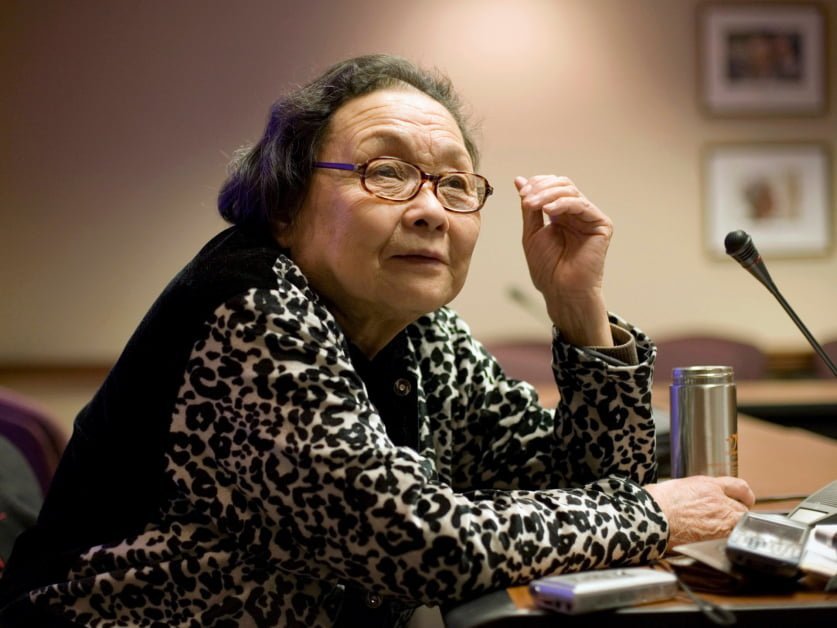Whistleblowers are essential in society for uncovering wrongdoing and ensuring accountability, yet in China, the consequences for whistleblowing can be severe. Those who speak out against corruption and injustice often face harassment, censorship, imprisonment, and violence. This article delves into the challenges and risks faced by whistleblowers in China, and the impact of these harsh repercussions on the country’s anti-corruption and transparency efforts.
The AIDS Scandal in Henan Province
In the early 1990s, a mysterious illness spread rapidly among villagers in central China. Unlike in other parts of the world where HIV/AIDS transmission occurred mainly through sexual contact, in China, individuals were infected through blood selling, plasma donations, and tainted transfusions. Dr. Gao Yaojie, a retired gynecologist, exposed a scandal that led to as many as 300,000 infections in Henan province. Her brave actions, similar to those of Dr. Li Wenliang during the COVID-19 outbreak, resulted in her exile for 14 years until her passing at the age of 95 in New York.
The Impact on Global Health
The lack of transparency in China, as seen in the handling of the COVID-19 pandemic, has had global repercussions. With over 7 million deaths worldwide attributed to the “mysterious virus” that originated in Wuhan, the need for whistleblowers like Dr. Gao becomes evident. Despite not setting out to be an activist or whistleblower, Dr. Gao felt compelled to act upon discovering AIDS symptoms in patients in Henan province. The plasma industry in rural areas became a key transmission vector, leading to widespread infections and devastating consequences.
‘Officially Controlled Process’
While whistleblowing is theoretically protected in China’s constitution, the reality is far from ideal. Dr. Gao’s efforts were recognized by the central government, but she faced persecution at the local level. The Chinese authorities acknowledged her contributions but also sought to suppress her work when it became inconvenient. Other whistleblowers, like Dr. Wan Yanhai, faced detention for exposing AIDS-related deaths, highlighting the challenges faced by those who speak out against the government.
Legacy of Courage
Dr. Gao’s legacy lives on through her writings and actions. Despite facing surveillance, isolation from her family, and escape at the age of 81, she continued to advocate for accountability and transparency. Her determination to expose the truth about China’s AIDS epidemic and protect the rights of its citizens showcases the resilience of whistleblowers in the face of adversity. In her own words, Dr. Gao acknowledged the challenges of exile but also recognized the importance of her actions for the greater good.


